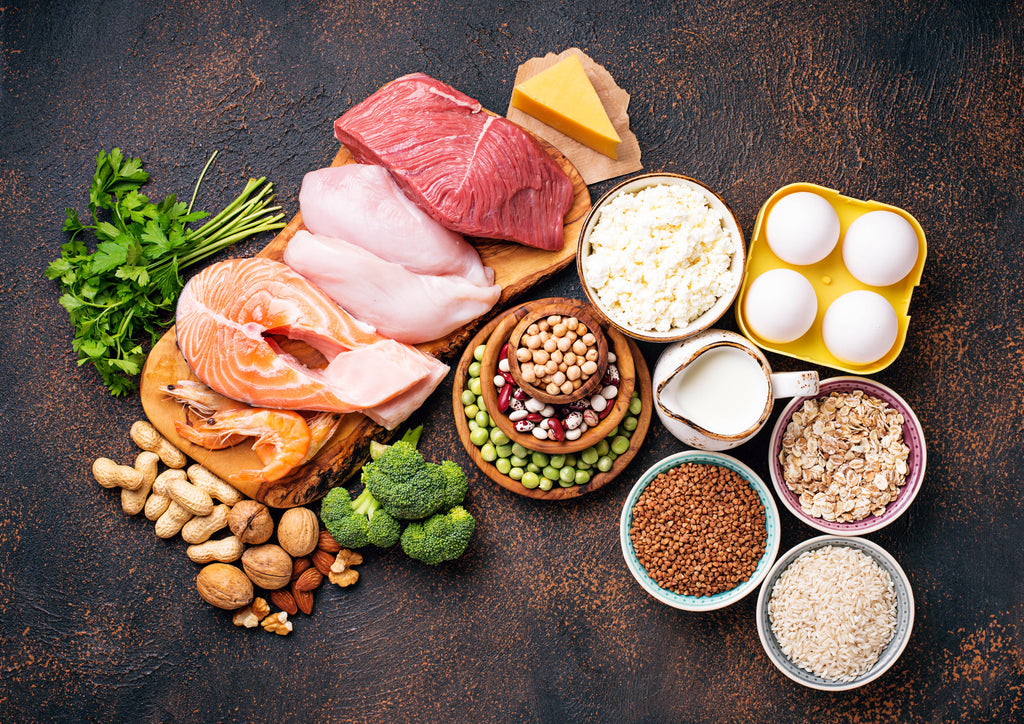
Will Protein Make You Gain Weight
Protein is one of the most important macronutrients for building and maintaining muscle, supporting recovery, and promoting overall health. But many people wonder: will protein make you gain weight? The answer depends on your total calorie intake, activity level, and the type of protein you consume.

Understanding Protein and Caloric Balance
Protein itself does not inherently cause weight gain. Like all macronutrients, it contains calories—specifically, 4 calories per gram. Weight gain occurs when you consume more calories than your body burns, regardless of whether those calories come from protein, carbohydrates, or fat.
This means that will protein make you gain weight is really a question of how protein fits into your overall diet and energy balance.

How Protein Can Contribute to Weight Gain
While protein is essential for muscle growth, there are scenarios where it can lead to an increase in body weight:
1. Increased Muscle Mass
When paired with strength training, a high-protein diet can promote muscle hypertrophy. This may increase your scale weight, but it’s due to lean muscle tissue, not fat gain—a positive outcome for most fitness goals.
2. Excess Caloric Intake
If you’re already meeting your protein and calorie needs through food, adding protein shakes or high-protein snacks on top of that can push you into a caloric surplus, leading to fat gain over time.
3. Liquid Calories
Protein shakes, bars, and fortified snacks can make it easy to consume more calories than you realize, especially if you drink them in addition to full meals.
For high-quality protein options, check out our Protein Collection and Muscle Builders Collection.

How Protein Supports Healthy Weight Goals
Interestingly, protein can also help prevent unwanted weight gain when used strategically:
- Increases Satiety: High-protein meals help you feel fuller for longer, reducing the likelihood of overeating.
- Boosts Metabolism: Protein has a higher thermic effect than carbs or fats, meaning your body burns more calories digesting it.
- Supports Fat Loss: Maintaining adequate protein during a calorie deficit helps preserve lean muscle mass while losing fat.
For evidence-based insights, see Harvard School of Public Health and the National Institutes of Health.

Finding the Right Protein Intake
For most active adults, 1.2–2.0 grams of protein per kilogram of body weight per day is recommended. This range supports recovery and muscle maintenance without unnecessary excess.
Tracking your intake with a food journal or nutrition app can help you determine whether you’re meeting—but not exceeding—your protein needs.

Will Protein Make You Gain Weight Without Exercise
If you’re sedentary and consuming protein in a caloric surplus, yes—it can contribute to fat gain. Without resistance training, extra protein won’t translate into more muscle. This is why will protein make you gain weight depends heavily on both diet and activity level.
Conclusion: Will Protein Make You Gain Weight
So, will protein make you gain weight? It can, but primarily if you’re eating more calories than you burn. When combined with exercise and consumed in the right amounts, protein is more likely to help build muscle, support recovery, and even aid in fat loss.
For clean, high-quality protein sources, visit our Protein Collection and choose products that align with your goals.

